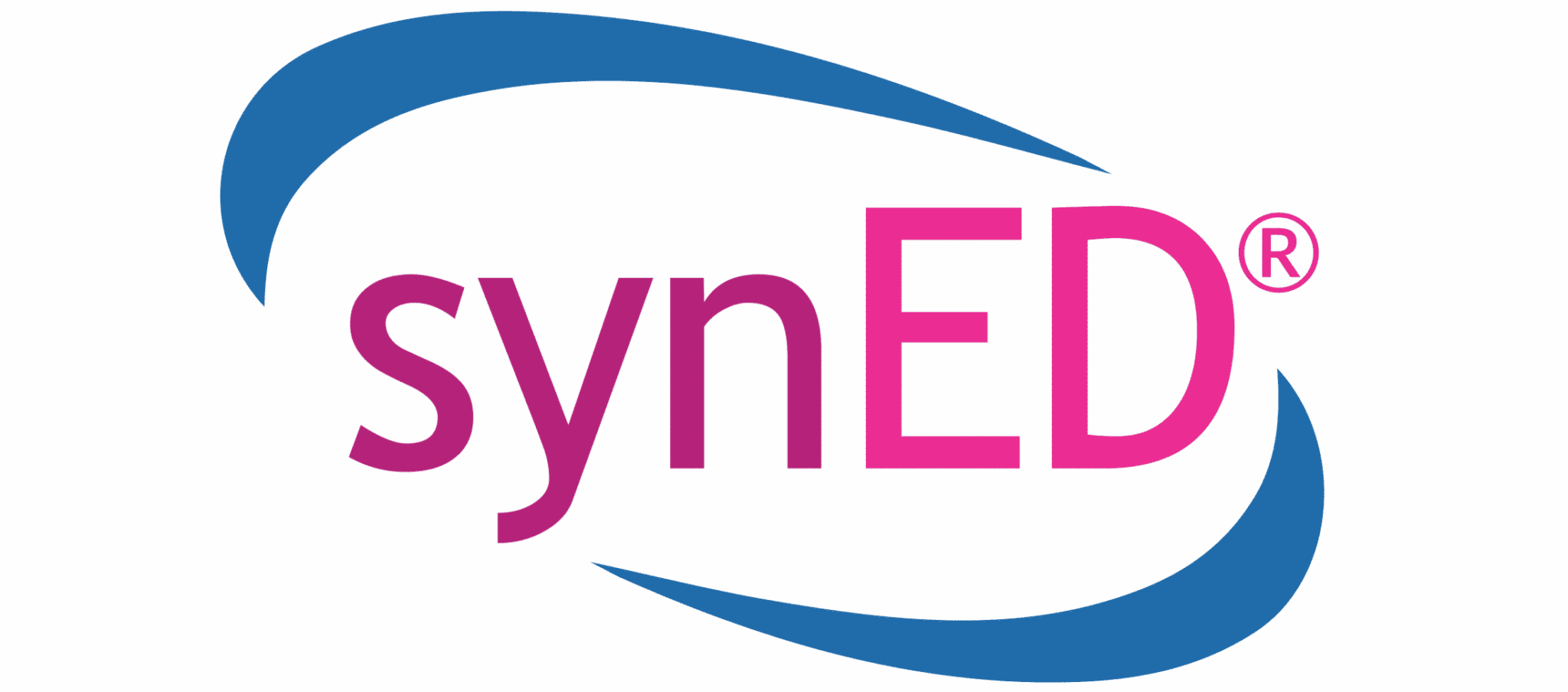- Career Powered by SynED
- (888) 351 0261
- Make a Donation

The Quarterly Review Of Innovative Applications In Alternative Education
EXECUTIVE SUMMARY
We live in a world increasingly defined by connectivity with friends, business associates, potential spouses, political allies, distributed workforce, and, of course, information, learning opportunities, and mentors.
The educational landscape is being challenged and disrupted by these forces. A growing appreciation for the porous boundaries between the classroom and life experience, along with the power of social learning, authentic audiences, and integrative contexts, has created not only promising changes in learning but also disruptive moments in the process.
Personal Learning Networks (PLNs) are another form of informal learning that offers great value. Individuals have always relied on families, friends, colleagues and acquaintances to supplement knowledge about the world. Jane Hart defines a PLN as“a network of trusted connections with whom an individual interacts (and learns from) on a regular basis.” It is a methodology to collect, communicate, create and also share knowledge and experience with a group of connected people, anywhere at any time.
TOPICS
01 Making Learning a Part of Everyday Work
The urgency of work invariably trumps the luxury of learning. But, what if we could make learning more a part of our day-to-day jobs? How can we use the flow of work to drive learning? How can we make learning part of a culture?
02 Bridging Formal and Informal Learning
The recognition that learning is 80% informal suggests that we need to support natural connections between people who can help one another. The person nearest to you, or your boss, may not be the best person to ask!
03 How To Encourage Informal Learning In Your Organization
In order to cultivate an environment of innovation and informal education, organizations need to build a system that incorporates an informal learning process into the existing paradigm.
04 Why Continuous Learning is the Foundation of Organizational Growth
For companies that are positioning themselves in the marketplace as a leader in innovation, continuous learning is particularly important. “Learning and innovation go hand in hand. The arrogance of success is to think that what you did yesterday will be sufficient for tomorrow.”
05 Build a Network — Even When You Don’t Think You Need One
Many of the professionals who have the hardest time building a network are those who view themselves as “lone wolves” who have succeeded on their own merits and don’t rely on others. Intellectually, they recognize the benefits of networking, and know they should do it. But they’ve achieved their current status on the strength of solo (or near solo) efforts, and adjusting their mindset and behaviors can be challenging.
06 Better Together: Why Networks Are The Future Of Learning
There are lots of different ways educators and schools work together. Professional learning communities (PLCs) are an increasingly common way to productively structure collaboration between educators within and between schools.
07 How Leaders Develop and Use Their Network
While networking is often enthusiastically embraced by individuals just entering the workforce or seeking to make a career change, it can be neglected by mid-career and senior professionals who believe their network is adequate and no longer needs to expand. Networking is important for everybody— particularly those who are interested in becoming a leader in their organization or industry. A well-built and maintained professional network could be one of the most powerful tools for career advancement. 08 What are Personal Learning Networks?
A PLN is further defined by intention, such as when someone makes a connection with the particular purpose of learning and gaining information from that person.
09 Personal Learning Network (PLN) Benefits, Tools, and Tactics
Practical advice on generating and sustaining a PLN.
10 Six Myths About Informal Networks — and How To Overcome Them
Informal networks often provide the glue that holds together cross-functional process- improvement initiatives, alliances and mergers. They can also be significant contributors to new- product development; in the pharmaceuticals industry, for instance, the type of informal network known as a community of practice is critical to reducing drug development costs and to the more rapid introduction of new products.
